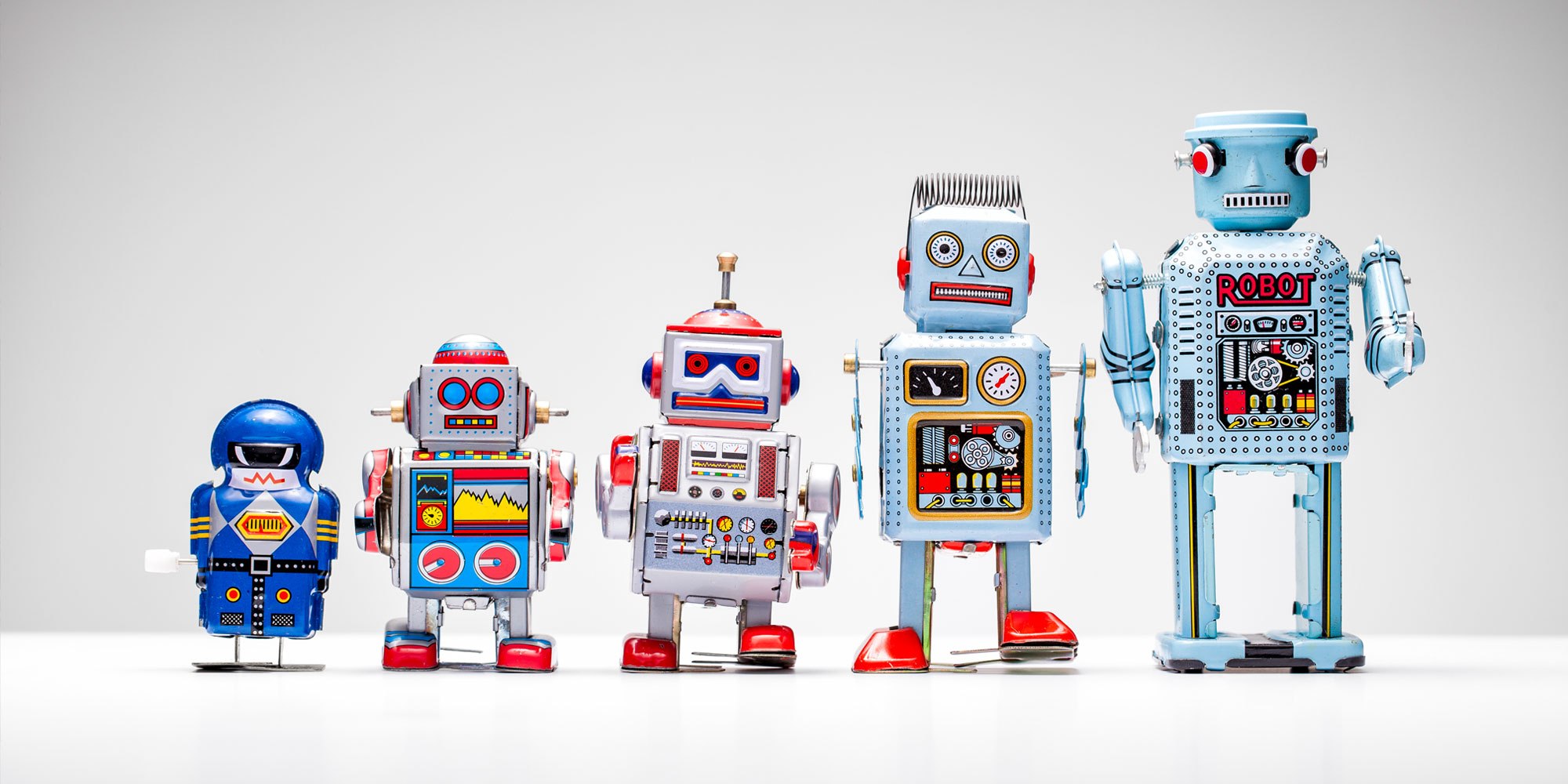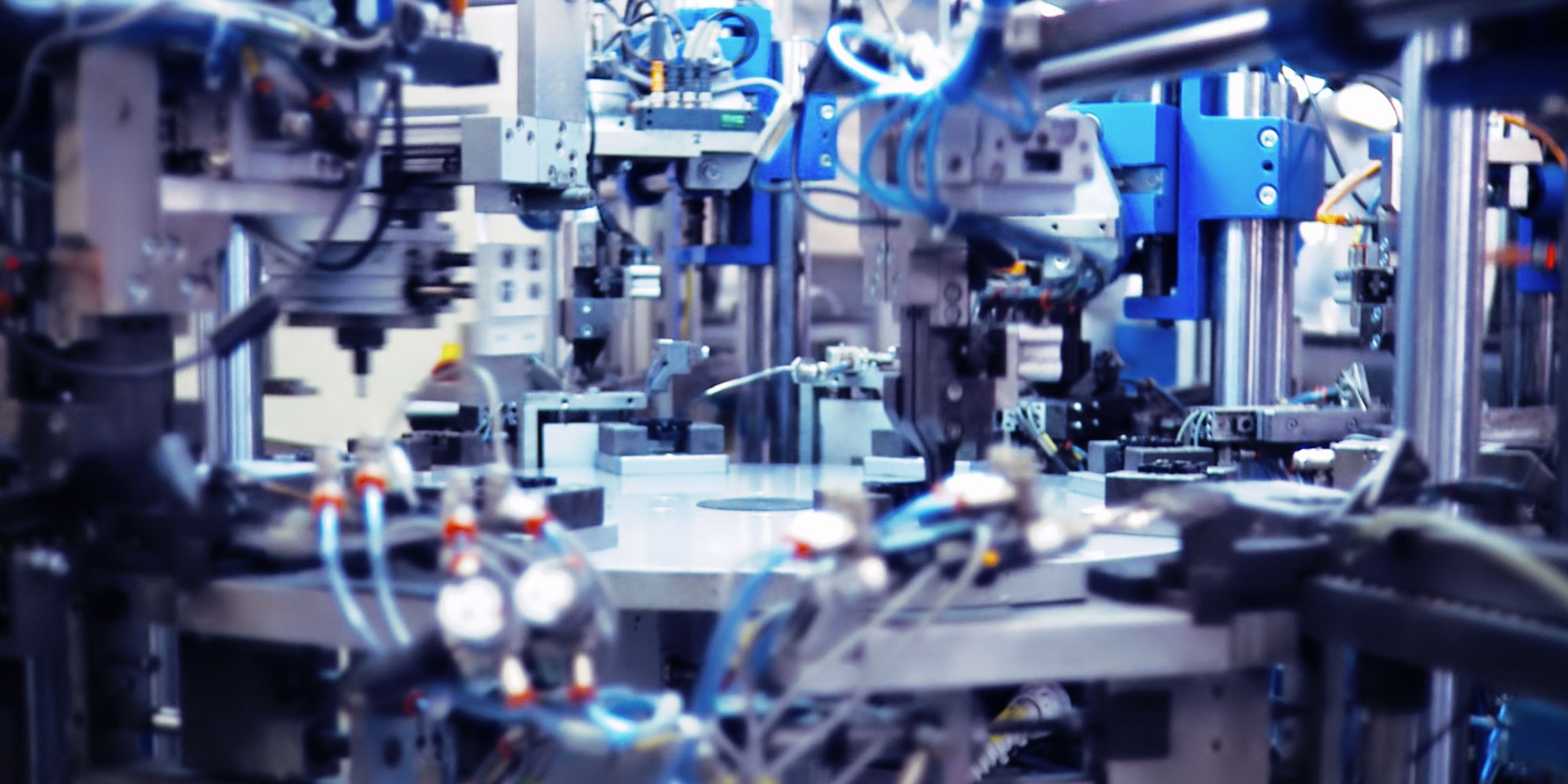
the future of employment
How likely is a machine to steal your job?
30th September 2015
Siri, Cortana, Google Now, the recently announced Facebook M: technology is becoming increasingly focused on reducing the pressures of our everyday lives. Advances in user interfaces enable computers to respond directly to a range of human requests and can augment the work of skilled labour while allowing some jobs to become fully automated.But just how likely is it that a machine could take your job?
The word robot comes from the Czech robota, meaning forced labour. While robotics and artificial intelligence (AI) remain separate scientific fields, there is a strong expectation that the two will combine to automate labour in the future.With an estimate of around 47% of all US employment in danger of becoming automated, the probability of losing your job to a computer in the next twenty years is higher than ever. The insurance sector is particularly 'ripe' for automation, with the likelihood of claims and policy administrators becoming automated at 98%, insurance salespeople at 92%, and call and contact centre jobs at 75%.
The evolution of insurance sales and administration since the 1980s already reflects this journey of increasing automation.
The evolution of insurance sales and administration since the 1980s already reflects this journey of increasing automation.
As leading insurance retailers have capitalised on technology developments to increase efficiency and meet customer expectations. From quotation engines to enrichment services and telematics to self-service, software has transformed the way insurance is sold, as well as the very nature of the products themselves. Business intelligence enables retailers to apply big data analytics to their retail operations and thus harness and exploit huge amounts of data efficiently.
How 'intelligent' is artificial intelligence?
However, despite more and more customers moving away from high street branches and the telephone and onto the internet, the role of people in selling insurance is still significant. Insurance retailers regularly report that conversion rates are higher among brokers who follow up an online quote by phone.The importance of 'the human touch' cannot be understated, and the competitors at this month's Loebner Prize demonstrate the huge gulf between human and artificial intelligence.
The Loebner Prize, an annual implementation of the Turing Test held at Bletchley Park, is awarded to the computer who can answer a panel of questions in a manner that is most human-like.
The grand prize of $100,000 and a solid gold medal, offered to the first computer whose responses are indistinguishable from a human's, remains unclaimed.
The grand prize of $100,000 and a solid gold medal, offered to the first computer whose responses are indistinguishable from a human's, remains unclaimed.
Although chatbot Rose beat out three rivals in this year's artificial intelligence competition, she could not fool the judges into believing she was human. While she answered most of the questions with moderate success, when asked whether she thought Greece should leave the Euro, Rose responded that Greece '[s]eems like a nice place.' Her answers exemplify just how far there is to go before machines can converse as humans.Advances in AI and software have huge potential and continue to drive human endeavour and success. In the insurance sector, it is fair to say that technologies such as enrichment, big data and telematics enable insurance retailers to derive a range of benefits, from increasing efficiency to reducing fraud, and from improving driver safety to enhancing customer service. But, at least with the technology we have today, it is unlikely that automatons will replace us any time soon.
© 2026 Cheshire Datasystems Limited
Top Employer

